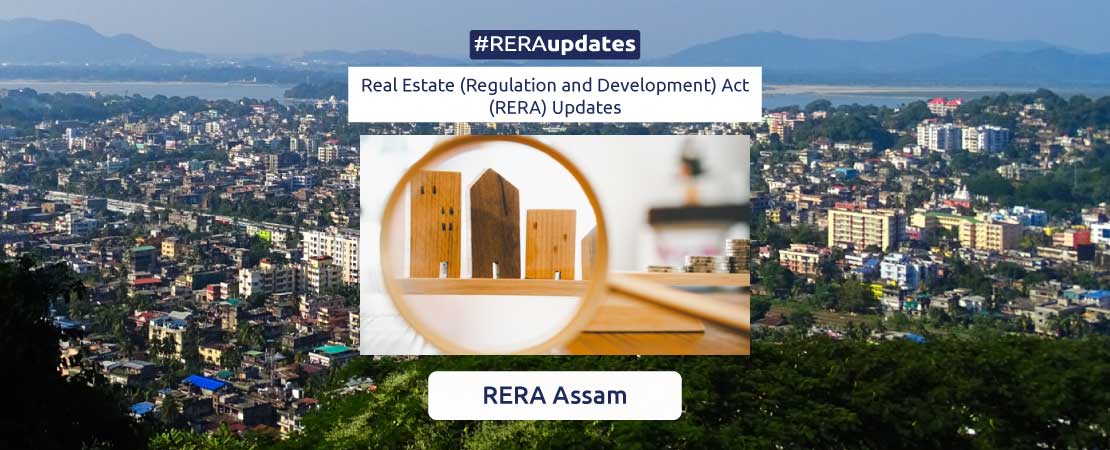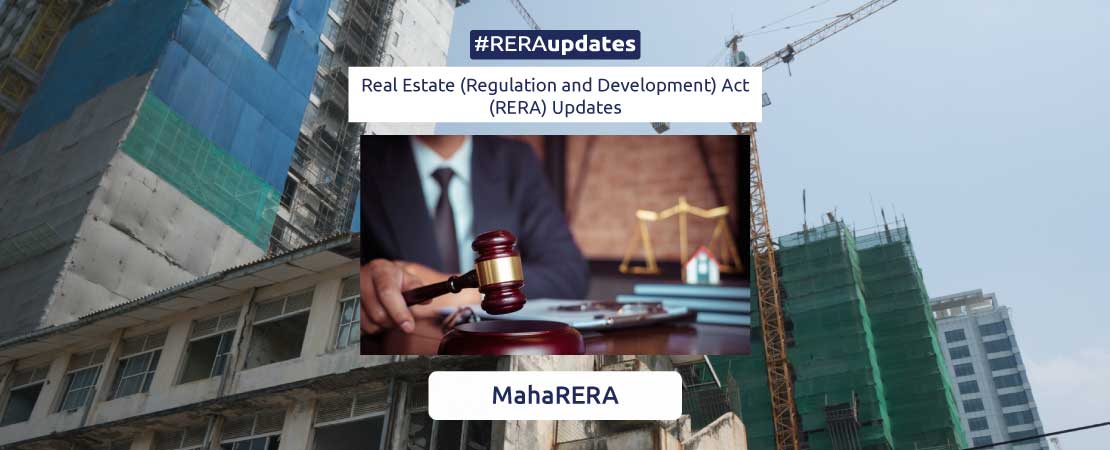Introduction:
When it comes to maintaining a healthy and safe living environment, addressing dampness in your home is of utmost importance. Dampness can lead to a range of issues, including mold growth, property damage including structural, and human health risks.
Dampness in a property is a common issue that can have detrimental effects on both the structural integrity of the building and the health of its occupants. Whether it is due to seepage, leaks, condensation, poor ventilation or due to other causes, dampness can lead to a host of problems such as mold growth, decay, and damage to the building materials.
Conducting a damp / moisture inspection in your home is a proactive step towards identifying and resolving damp-related problems. That is why damp inspection is crucial to identify and address damp issues promptly. In this article, we will explore the significance of damp or moisture inspections in your home and the benefits it offers.
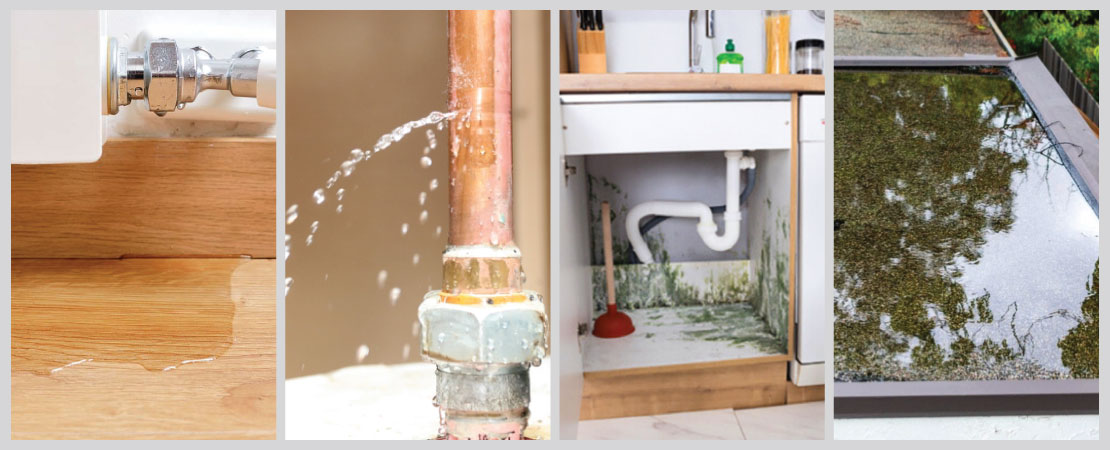
Common problems related to Moisture in the Home
Wet areas in your home are more vulnerable to water damage; so experienced and knowledgeable inspectors pay special attention to checking bathrooms kitchens and balconies. Some of the common problems include:
- In bathrooms, damage to wall tiles and flooring may be caused by inadequate or poor waterproofing.
- Leaking taps, pipes, toilets and other plumbing issues may result in significant water damage to cabinets, wall and floors. It can also percolate to peripheral areas.
- In kitchens and other wet areas, the inspector will pay specific attention to areas underneath shelves, inside cupboards, as also the skirting along walls for signs of overflows, sinks as well as leaks arising from improper plumbing installation.
- Absence of proper drainage or improper slope leading to water accumulation can on the roof or balcony or wet areas can lead to seepage/dampness.
How to identify the source of dampness?
- Damp walls feel cold to the touch; it also causes the flaking of paint and peeling off wallpaper. Additionally, mold and fungal growth form greenish-grey spots on the walls. Such wall dampness is caused by constant water leakage / seepage, maybe from the roof, leaking water tanks, or seepage from exterior walls, balcony or terrace or windows.
- Water may seep from constant leakage from a plumbing installation or water collected on the roof or upper floor through the ceiling to cause discoloration in paint or create visible brown patches in the ceiling.
- Areas like bathrooms, kitchens, store rooms, or closed spaces are usually not well-ventilated and are a source of A strong musty smell within these areas is a clear indication of dampness.
- Checking the tile grout in moisture-laden areas like bathrooms and kitchens for any kind of mold growth. The mold shows the grouting’s waterproofing is not adequate and might let water seep into the floor or walls.
- Black mold may develop around the frames of wooden and uPVC windows due to water seepage through gaps between the window frame and the wall
Damp or Moisture Inspections play a crucial role in identifying the source and addressing moisture issues in your home. It detects the actual source of moisture with the help of advanced thermal imaging technology. Let us know further in detail about its advantages.
Benefits of Damp inspection for Ensuring a Healthy and Safe Living Environment
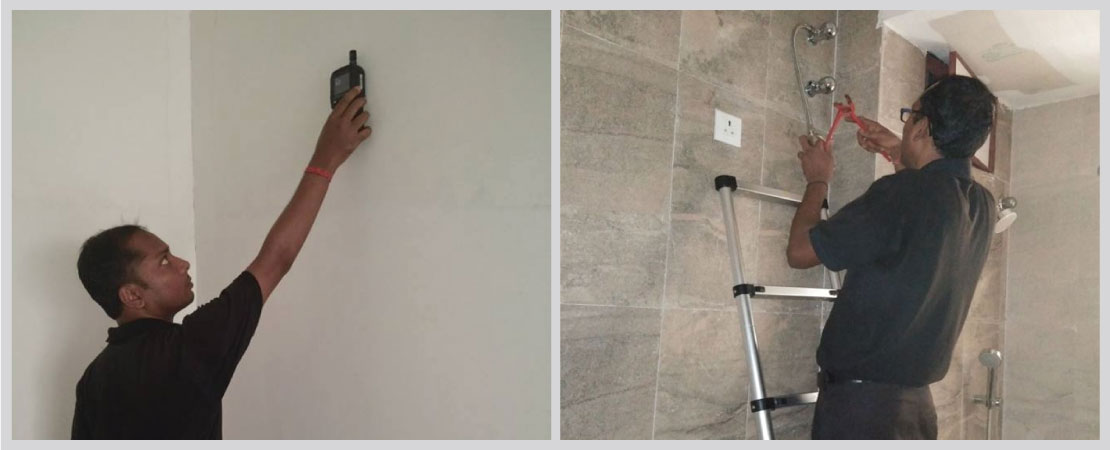
- Early Detection and Prevention
One of the primary reasons to have routine / annual damp inspections is the early detection and prevention of moisture-related issues. Dampness can occur due to various factors, including leaks, condensation, or poor ventilation. By conducting thorough inspections, professionals can identify signs of dampness in its early stages before it evolves into a more significant problem. This allows us for speedy action to be taken, preventing further damage to the property and reducing the risk of costly repairs down the line.
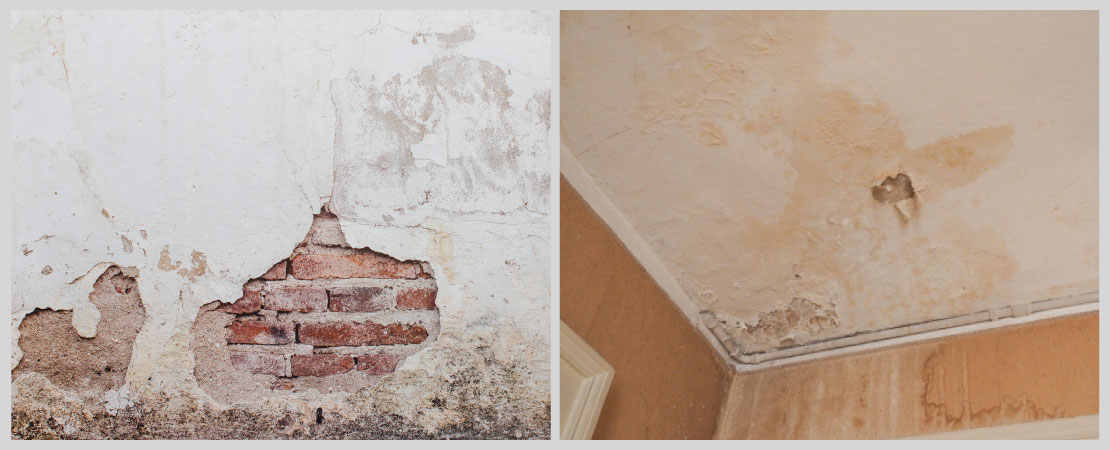
- Maintaining Structural Integrity
Moisture can cause destruction to the structural integrity of a building. It can also cause electrical & mechanical damages and become grave safety issues. When dampness infiltrates the walls, floors, or ceiling, it can weaken the materials and reduce the stability of the structure. With time, this can lead to damage which not only endangers the safety of the property but also decreases its value. Moisture / Damp inspection can identify areas vulnerable to moisture damage, allowing for timely repairs and maintenance to preserve the structural integrity of the property.
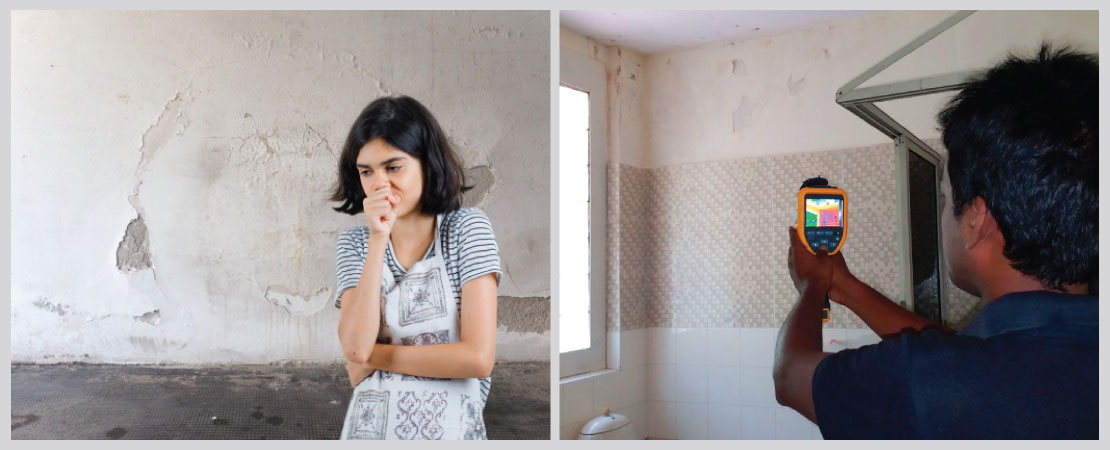
- Prevention of Health Hazards
Dampness in a property has significant adverse impact on the health of its occupants. Excessive moisture provides an ideal environment for the growth of mold and other harmful microorganisms. These can release spores and allergens into the air, leading to respiratory issues like asthma, allergies, skin issues and other health problems. By conducting damp inspection, potential sources of moisture can be identified, and appropriate measures can be taken, ensuring a healthy living environment for residents.

- Protecting Property Value
As a property owner, it is essential to prioritize the maintenance and well-being of your investment. Investing in damp inspection can help you maintain the value of your property. By proactively addressing any damp issues beforehand, you can present a well-maintained and desirable property, increasing its market value and attracting potential buyers or tenants.

- Avoiding Unpleasant Smell
As mentioned above, untreated mold due to dampness, can create an unlikable and musty smell around your home. You may experience an unpleasant smell but not know where it is coming from; this may be because the damp patch or mold spores are hidden behind the wall or furniture or anywhere. The smell of dampness and mold can become strong and overwhelming in your home; you do not want it to stop you from having guests around or interfere with your everyday life. Luckily, with the correct damp treatment carried out by a professional, you should be able to get rid of the smell fairly easily. Just remember that when it comes to dampness, out of sight should not mean out of mind.

- Improving Indoor Air Quality
Dampness and mold growth can significantly degrade indoor air quality. Mold spores, along with other airborne allergens, can lead to respiratory problems and worsen existing conditions such as asthma or allergies. A damp inspection helps identify areas of concern and enables you to take the necessary steps to improve indoor air quality. This may include implementing better ventilation, installing natural dehumidifiers like indoor plants, or repairing leaks and moisture sources.
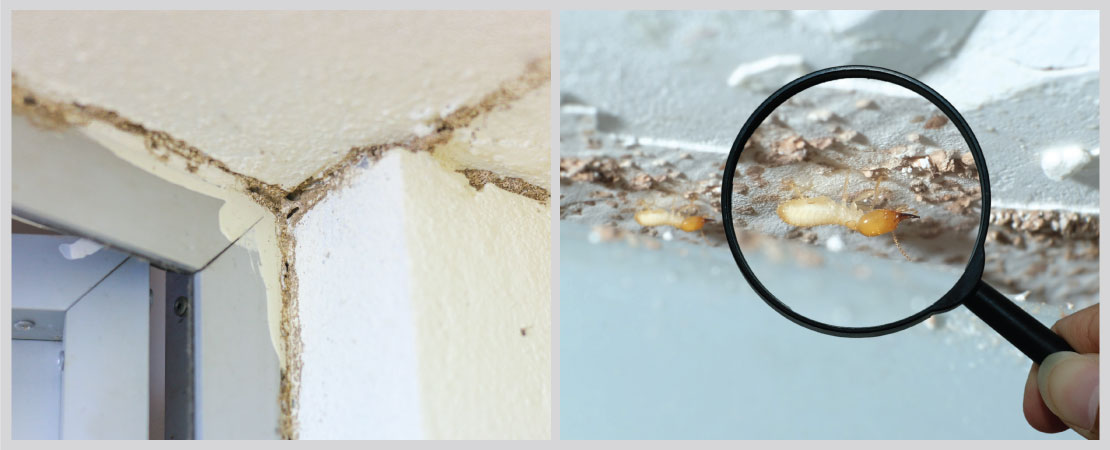
- Prevent Termite Infestation
Termites are destructive pests that can cause significant damage to your property. They feed on wood and cellulose materials, making homes with wooden structures particularly vulnerable. While there are various methods to prevent termite infestations, one important aspect is conducting regular damp inspections. Dampness provides an ideal environment for termites to thrive, as they require moisture to survive. With damp inspection, you can find the termite infestation & their source to give you a long term solution.
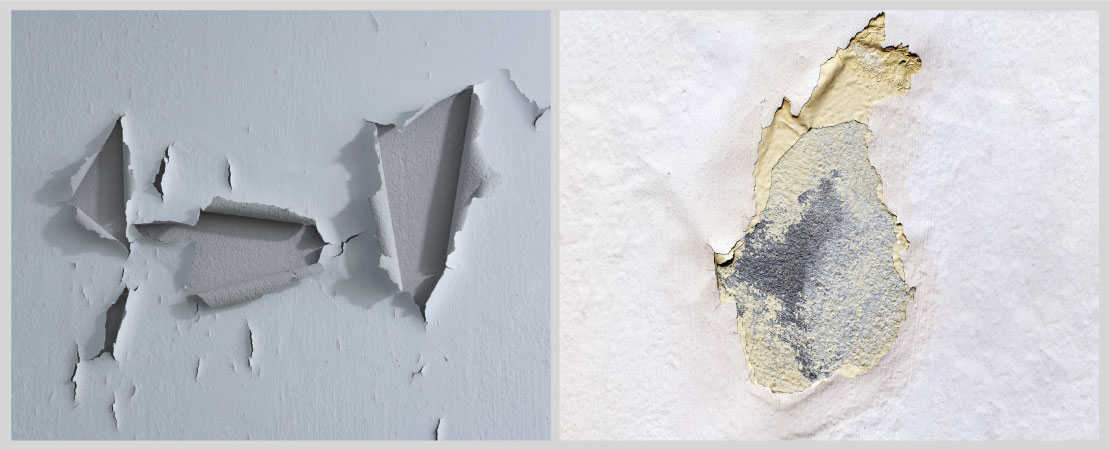
- Improving the appearance of your Home
Painting over damp patches can cause the paint to crack and deteriorate and often, the black patches can show through paint. Instead of wasting your time and money on products in an attempt to cover up damp patches, it is best to first get your home inspected thoroughly.
Conclusion
Damp / Moisture Inspections are a vital aspect of property maintenance that should not be overlooked. By detecting dampness & its sources in its early stages, helps preserving the structural integrity, preventing health hazards, improving energy efficiency, and protecting property value. It helps you identify damp / seepage / leakage sources, giving you long term – least cost – least destructive solutions. It will save property owners from significant expenses and ensure a safe and comfortable living environment. If you haven’t had a damp inspection recently, it is time to consider scheduling one to safeguard your investment and the well-being of those who reside in your property.
External Reference Link:
1.https://ec.europa.eu/health/scientific_committees/opinions_layman/en/indoor-air-pollution/l-2/8-building-dampness.htm
2.https://myfreshair.in/indoor-air-pollution-one-of-the-top-10-disease-risk-factors-in-india/
Internal Reference Link :
3.https://macj-abuyerschoice.com/how-home-inspection-solves-the-problems-of-waterproofing-companies/




